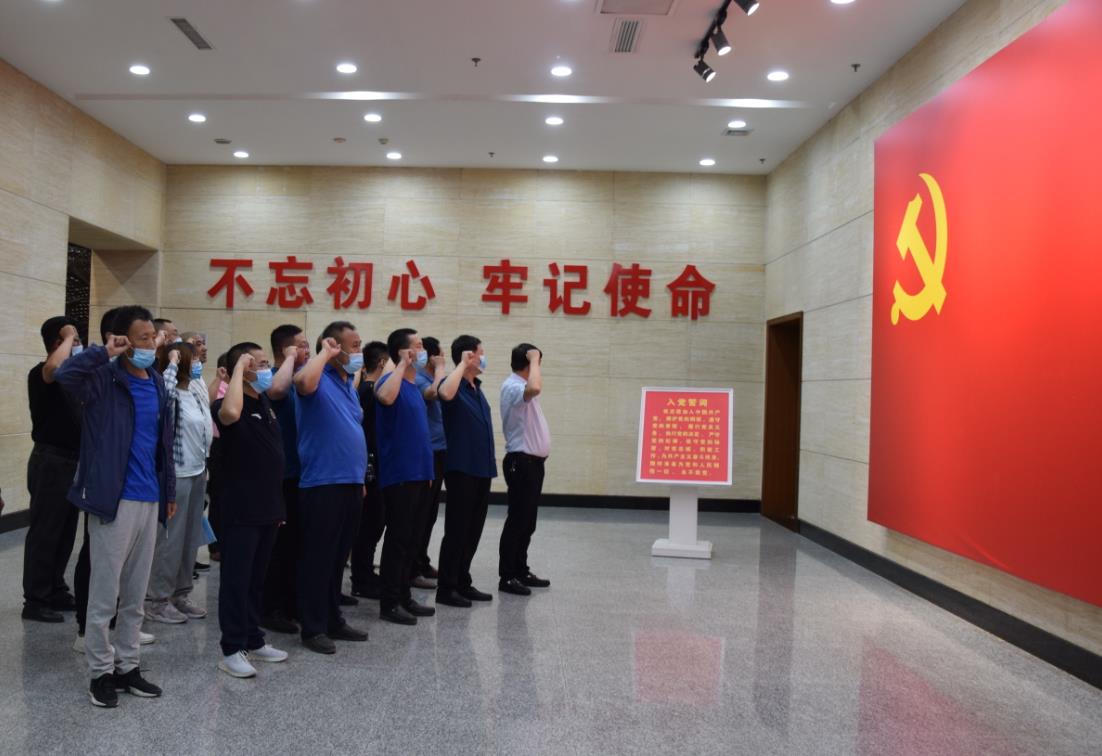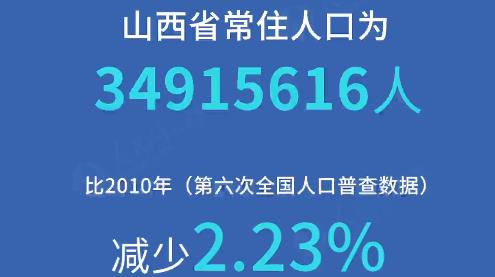
Taiyuan, the provincial capital of Shanxi, has developed into a prosperous city with a friendly environment for living and doing business over the recent years. Li Zhaomin / for China Daily
Taiyuan, the provincial capital of Shanxi, has developed into a prosperous city with a friendly environment for living and doing business in recent years.
Taiyuan, the capital of Shanxi province, used to be one of the business hubs in North China because of its long history of commercial prosperity.
Shanxi is known for the commerce that was developed by the local merchants, or Jinshang. It is said that Jinshang merchants dominated commercial circles in North China for about several centuries, starting from the Ming Dynasty (1368-1644).
Taiyuan was an important hub for the business activities of those successful merchants.
However, the city faced severe challenges in its development in the last century as a result of the decline of the Jinshang merchants in the late Qing Dynasty (1644-1911) and decades of wars and conflicts during the first half of the 20th century.
Its reliance on traditional heavy industries like coal mining and the environmental deterioration caused by such industries further challenged Taiyuan's sustainable development.
In recent years, Taiyuan's authorities have been working to find solutions to such problems, in hopes of regaining the city's glory and building it back into a better place for business to thrive again.
One of their efforts is a plan to develop a modern industrial system by upgrading traditional industries and fostering new and high-tech sectors including advanced manufacturing, new materials, information technology and biomedicines.
Qingxu, a county in Taiyuan, is an example of the successful upgrade of traditional industries.
Coking from coal used to be a pillar industry in the county, but the sector's importance to the local economy has decreased steadily with the establishment of a refined chemicals industrial park.
In the park, a number of coking companies have shifted their operational focus to the more value-added and less polluting coal-based chemical industries, according to local officials.
The officials said Shanxi's authorities are encouraging coal industry players to strengthen collaborations with companies in the electricity and chemical sectors for developing a circular economy that makes coal production and related industries more environmentally friendly, more efficient and more profitable.
The traditional manufacturers are encouraged to use advanced technologies to upgrade their production.
Taiyuan Iron and Steel, the leading steelmaker in Taiyuan, for instance, has climbed to the upper part of the value chain by enhancing research and development and developing a number of cutting-edge products.
One such product is super-thin stainless steel foil with a thickness of less than 0.02 millimeters.
According to Liao Xi, an engineer responsible for the product's development, Taiyuan Iron and Steel is the first company in China that is capable of producing the product variety at such a slim thickness.
Liao said the product is used to take the place of aluminum foil in similar industrial applications, like in the fields of aerospace, electronics, petrochemicals and automobiles.
"Compared with aluminum foil, the super-thin stainless steel foil performs better in resistance to erosion, moisture and heat," Liao said.
The emerging industries are among sectors maintaining the strongest growth in Taiyuan.
Despite the COVID-19 pandemic, the emerging sectors reported a year-on-year increase of 4.7 percent in 2020, according to the Taiyuan statistics bureau.
Taiyuan plans to develop five emerging industries-next-generation IT, advanced manufacturing, new composite materials, green energy and upmarket consumer goods-into new drivers for the province's high-quality development.
More than 1,000 large projects, with a combined investment of 224.9 billion yuan ($35 billion), will be launched in the advanced manufacturing, new materials, new energy and IT sectors this year, which will further consolidate Taiyuan's development in emerging sectors.
The government has played an important guiding role in the transformation of Taiyuan's economy.
Taiyuan is the pilot of Shanxi's economic transformation as it is home to the Shanxi Transformation and Comprehensive Reform Demonstration Zone, which is the trial area for the new, innovative policies and practices relating to macroeconomic reform, improving the business environment and attracting investment.
Taiyuan's efforts to improve the business environment include simplifying approval procedures, opening e-government platforms and creating a service-oriented government.
According to the city government, Taiyuan has cut 58 approval procedures in recent years and more than 87 percent of the approval procedures can be dealt with online, which means a 65 percent decrease in handling time.
To implement an innovation-driven strategy, Taiyuan has set aside 3.5 billion yuan a year in special funds to support corporate R&D, talent cultivation, industrial transformation and upgrading.
Taiyuan is currently home to 80 key provincial laboratories and 78 engineering research centers, offering strong technological support for local enterprises.
Yang Yu contributed to this story.
By Yuan Shenggao
 山西路桥:党建引领 建好“四好农村路”山西路桥建设集团党委扎实开展“党建质量提升年”,实施“六大工程”,立足“十四五”高质量、高速度、高效益发展的战略基点,全面提高党建质量和党建引领发展水平,为打造“国内一流的交通基础设施投资、建设、施工现代化企业集团”提供坚强政治保障。
山西路桥:党建引领 建好“四好农村路”山西路桥建设集团党委扎实开展“党建质量提升年”,实施“六大工程”,立足“十四五”高质量、高速度、高效益发展的战略基点,全面提高党建质量和党建引领发展水平,为打造“国内一流的交通基础设施投资、建设、施工现代化企业集团”提供坚强政治保障。
 常住人口3491万 山西人口普查数据"出炉"山西省统计局向社会通报山西省第七次全国人口普查主要数据。数据显示,山西省常住人口为34915616人,比2010年(第六次全国人口普查数据,下同)减少2.23%,年平均减少0.23%。山西省常住人口总量减少,主要受人口流动变化等因素影响。
常住人口3491万 山西人口普查数据"出炉"山西省统计局向社会通报山西省第七次全国人口普查主要数据。数据显示,山西省常住人口为34915616人,比2010年(第六次全国人口普查数据,下同)减少2.23%,年平均减少0.23%。山西省常住人口总量减少,主要受人口流动变化等因素影响。